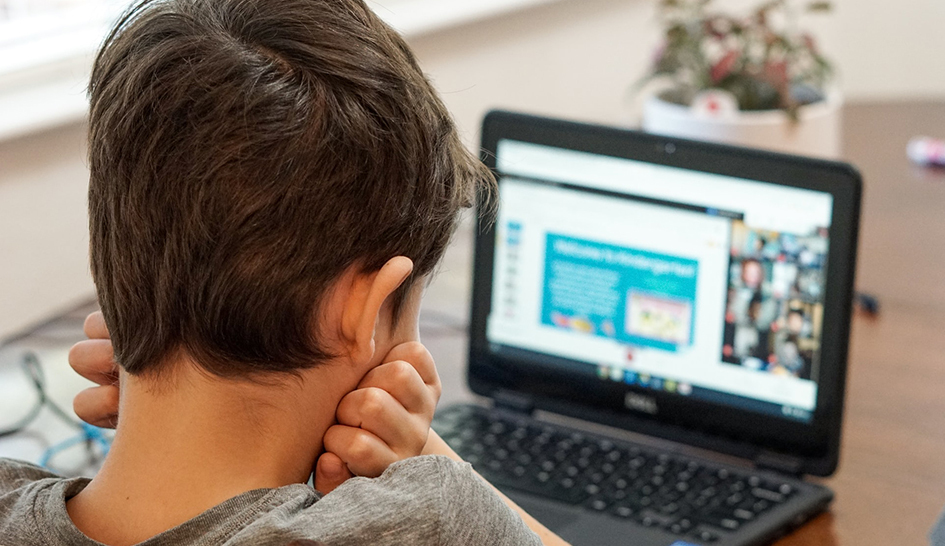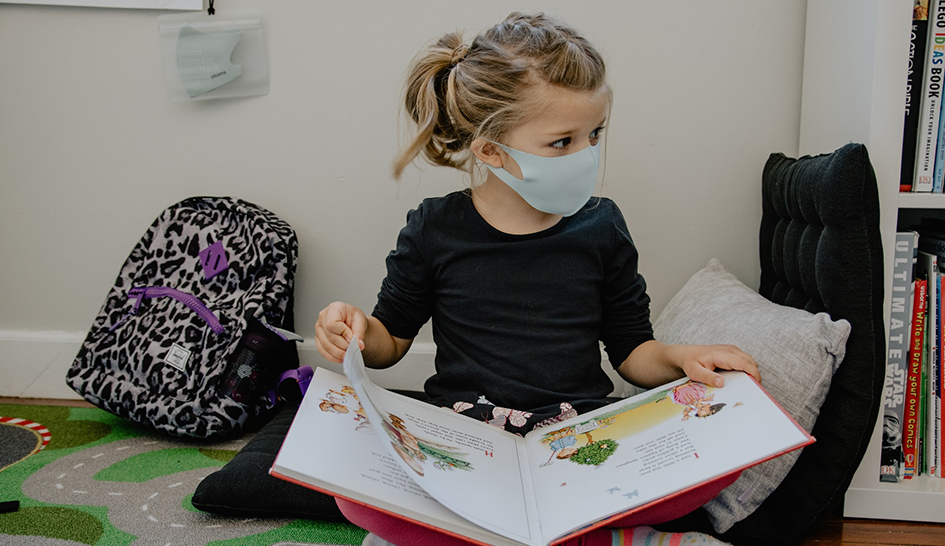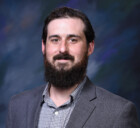The Adirondack Club, located in Franklin, MA, also successfully ran camp programs this summer. The adherence to strict guidelines established by the Center for Disease Control and Prevention, such as temperature checks, has led to no outbreaks or attributed COVID-19 cases at the club. The club already offers an extensive after school program that partners with local school districts, which has expanded this year, with a focus on facilitating more educational content and online learning. The Franklin school system is currently fully remote, making this service critical for parents in the area.
The Adirondack Club’s expanded offerings include after school programs, remote learning programming, and pre-school. The programs run in various classrooms on the club campus, making it the ideal environment for virtual learning while adhering to social distancing guidelines. The fact that the club already offered extensive programs has made the expansion of services easier logistically. The programs are staffed mostly by existing teachers on staff, supplemented by college-aged tutors. The programs are offered to members first, but are also available to non-members if space is still available.
Samantha Miller, director of children’s service and summer camps at the Adirondack Club, stresses that staff commitment is crucial for providing a safe environment.
“Staff buy-in is one of the most important details that can sometimes be overlooked,” she says. “They are the role models at these programs, and kids notice if they are not enthusiastic about wearing a mask or washing hands regularly.”
Just as an employee would be recognized for exemplary work performance, it is important to acknowledge the effort staff make to follow and encourage safety regulations put forth by health authorities.
Adding a dash of fun or competition to the equation often does wonders for compliance, says Miller. “We have started to add little competitions and prizes to encourage mask wearing, such as a reward for the child that wore their mask the most on a particular day. We have found it made a difference in making a difficult task a bit more fun and exciting.”
Miller also highlighted an important lesson learned: patience. “The expanded programs have been going very well, but we have noticed the importance of asking for patience from parents as the kids adapt and settle into new routines. A new learning experience can be a bit of a shock and it sometimes takes some time to adjust to different schedules and environments.”


